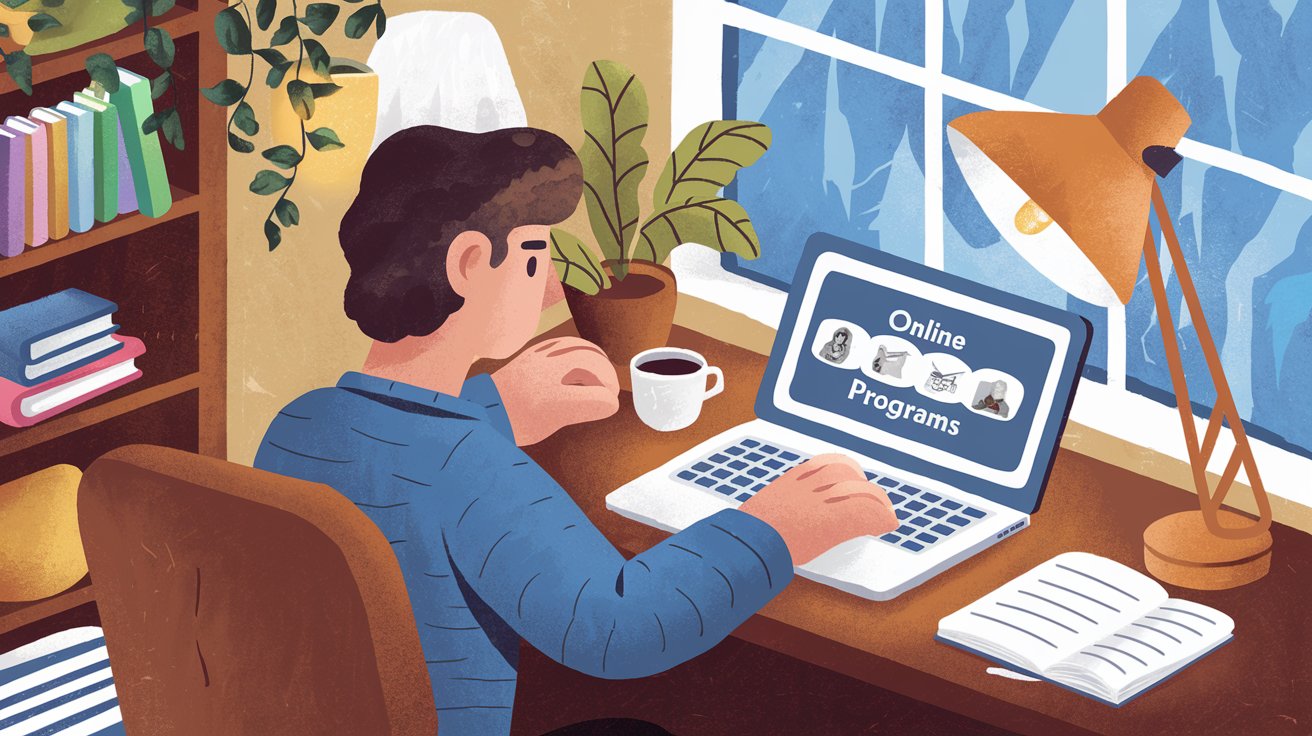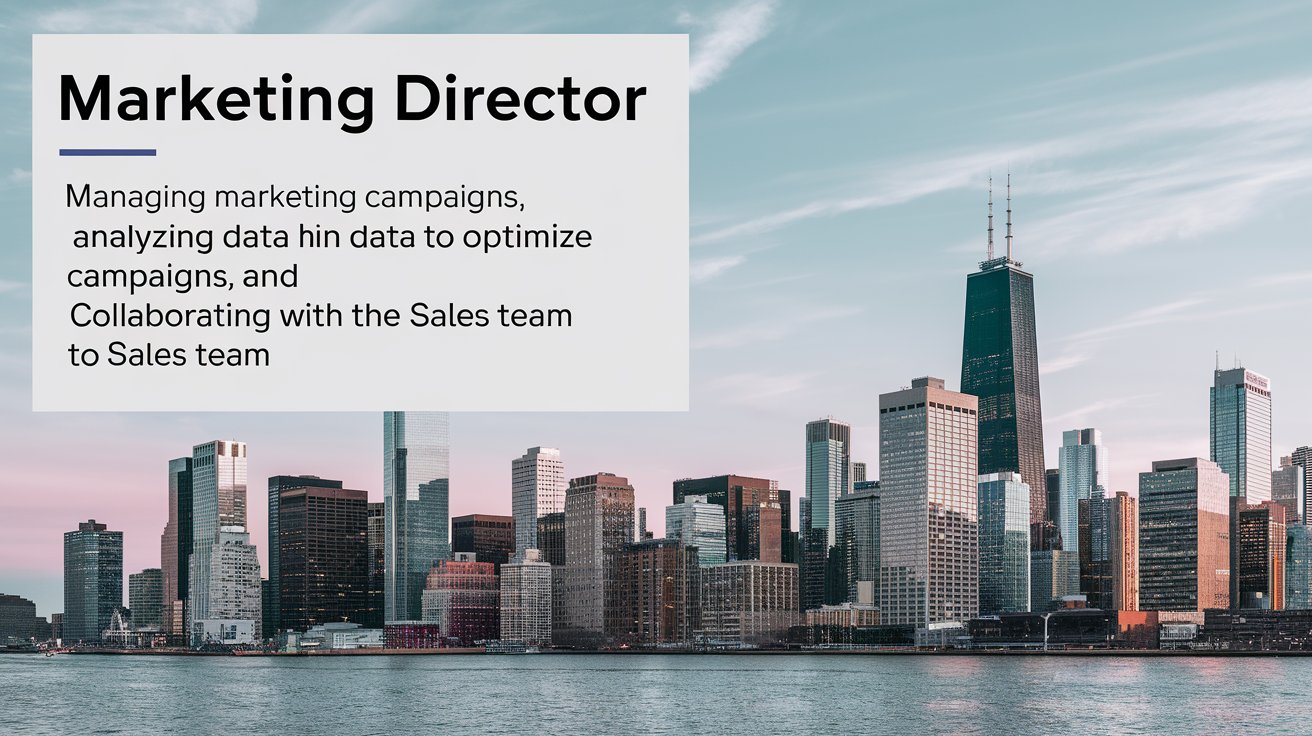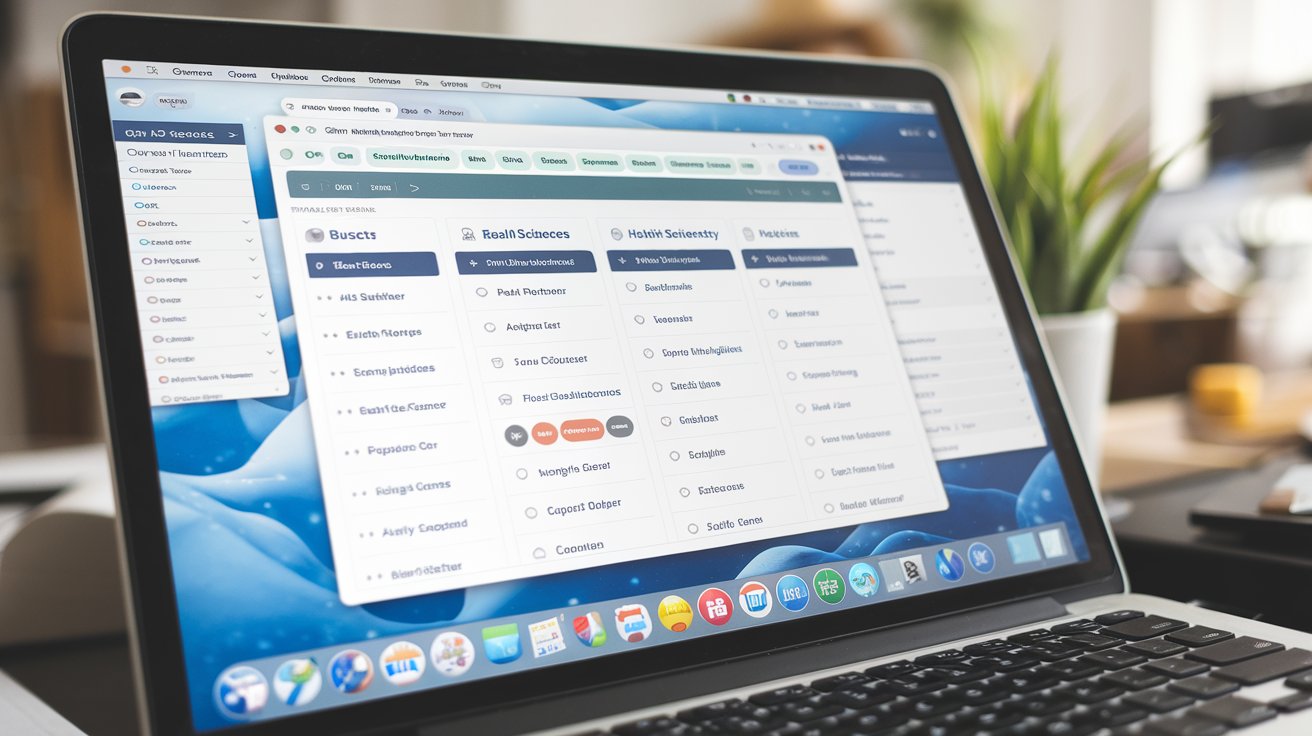Job fairs can be pivotal events in your career journey, offering a unique opportunity to connect with potential employers, explore various industries, and discover job openings that align with your skills and interests. However, without proper preparation, these events can be overwhelming and unproductive. This article delves into effective strategies for job fair preparation, shares personal anecdotes to highlight the importance of being ready, and addresses common questions to ensure you make the most of your experience.
Understanding the Job Fair Landscape
Job fairs, also known as career fairs, are events where multiple employers gather to meet job seekers. These events can range from small gatherings to large expos featuring dozens or even hundreds of companies. Attendees can engage in face-to-face conversations with recruiters, submit resumes, and sometimes even participate in on-the-spot interviews.
My first job fair experience was during my senior year of college. Eager but anxious, I arrived at the venue, armed with a stack of resumes and a few business cards. However, I quickly realized that I was unprepared for the chaos that ensued. I wandered from booth to booth, feeling overwhelmed and unsure of how to approach recruiters. This experience taught me that preparation is crucial for maximizing the opportunities that job fairs offer.
Essential Steps for Job Fair Preparation

1. Research Participating Companies
Before attending a job fair, take time to research the companies that will be present. Familiarize yourself with their mission, values, and recent news. This knowledge will help you engage in meaningful conversations with recruiters and demonstrate your genuine interest.
In my second job fair experience, I compiled a list of companies I wanted to approach based on my research. When I spoke with a recruiter from a company I admired, I referenced a recent project they launched. This led to an engaging discussion and left a lasting impression on the recruiter.
2. Tailor Your Resume
Having a polished, tailored resume is essential. Highlight relevant skills and experiences that align with the types of positions you’re seeking. Ensure that your resume is easy to read and free of errors.
I learned this lesson after receiving feedback from a recruiter at my first job fair. They suggested that I customize my resume for specific roles rather than using a generic version. For my next fair, I focused on creating multiple versions of my resume, each tailored to the companies I planned to approach.
3. Prepare Your Elevator Pitch
An elevator pitch is a brief, compelling introduction that summarizes who you are, what you do, and what you’re looking for. A well-crafted elevator pitch can help you stand out in a crowded environment.
During my third job fair, I practiced my elevator pitch with friends beforehand. When I finally delivered it to a recruiter, I felt confident and concise. The recruiter responded positively, leading to a deeper conversation about potential opportunities at their company.
4. Dress Professionally
First impressions matter, and your appearance can significantly impact how you’re perceived by recruiters. Dress in professional attire that reflects the industry you’re targeting.
I remember feeling underdressed at my first job fair. Many attendees wore business attire, while I opted for a casual look. This time, I chose a professional outfit for my next fair, which boosted my confidence and allowed me to make a strong impression on recruiters.
5. Bring Necessary Materials
Be sure to bring multiple copies of your resume, a notepad, and a pen. Having a folder to keep your materials organized can also help you appear more professional.
I made it a point to bring a portfolio to my subsequent job fairs. This portfolio not only held my resumes but also included a list of questions I wanted to ask recruiters. This organization made it easier for me to navigate the event and stay focused.
6. Practice Active Networking
Job fairs are about building connections. Approach recruiters with a friendly demeanor, maintain eye contact, and actively listen during conversations. This approach can foster genuine relationships that may lead to job opportunities.
During one job fair, I took the time to engage with a recruiter about their company culture rather than just discussing job openings. This led to a meaningful conversation, and I was later invited for an informational interview, which ultimately turned into a job offer.
Personal Anecdote: Turning Point at a Job Fair

Reflecting on my experiences, I vividly remember a specific job fair that changed the trajectory of my career. After several unproductive fairs, I decided to apply the lessons I had learned. I researched the companies attending, tailored my resume, and practiced my elevator pitch.
When I arrived, I felt prepared and focused. I approached a booth for a company I had long admired and confidently introduced myself. To my surprise, the recruiter not only remembered my elevator pitch but also engaged me in a thoughtful discussion about the company’s values and future projects.
This interaction led to an invitation for a second interview, where I ultimately secured an internship that became a stepping stone in my career. That experience taught me the profound impact of being well-prepared and proactive.
FAQs on Job Fair Preparation
1. How should I dress for a job fair?
Dress professionally, choosing attire that aligns with the industry you’re targeting. Business casual or formal is generally recommended.
2. What materials should I bring to a job fair?
Bring multiple copies of your resume, a notepad, a pen, and a professional portfolio to keep your materials organized.
3. How can I find out which companies will be attending?
Most job fairs provide a list of participating companies on their website or event flyer. Research these companies beforehand.
4. Should I follow up with recruiters after the job fair?
Yes, following up with recruiters can reinforce your interest and help you stay top of mind. A simple thank-you email can go a long way.
5. What’s the best way to approach recruiters at a job fair?
Be friendly and confident. Introduce yourself with your elevator pitch and ask insightful questions about the company and available roles.
Conclusion
Job fairs can be transformative events that open doors to new career opportunities. By preparing effectively—through research, tailored resumes, professional attire, and strong networking skills—you can maximize your chances of making a meaningful impression on recruiters.
My journey through job fairs taught me the value of preparation and the importance of being proactive. With the right approach, you can navigate these events with confidence and come away with valuable connections and potential job offers. Embrace the opportunities that job fairs present, and invest the time and effort into preparation—you’ll find that your efforts pay off in significant ways.



